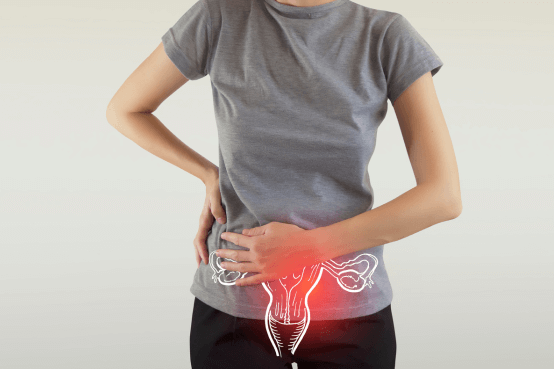Cervical Cancer in Women
Resources to help reduce the risk of cervical cancer
Nearly 300 individuals across the state of Tennessee are diagnosed with cervical cancer each year, according to the NIH (National Cancer Institute). Cervical cancer affects women, but both men and women are able to take important steps to help protect against this disease. We have some valuable health tips to share this Cervical Cancer Awareness Month.

Women in Appalachia are almost two times more likely to develop cervical cancer and
almost a third more likely to die from it.
According to the American Cancer Society, cervical cancer starts on the surface of the cervix, the lower part of the uterus. This is often triggered by an HPV (human papillomavirus) infection.
If you've been diagnosed with cervical cancer, there are several types of treatments to consider. As this all depends on the type and stage of your cancer, it's important to discuss all options with your doctors.
Cervical cancer is an almost completely preventable disease. Here are four steps to reduce the risk of cervical cancer:
1) Get an HPV vaccine
The HPV vaccine provides significant protection against cervical cancer in women. The vaccine is available for individuals starting at age 9, but it is most commonly administered between the ages of 11 and 12, as recommended by the Tennessee Department of Health. If you are older than this age range and have not yet received the vaccine, it is advisable to discuss it with your primary care physician.
2) Annual Screening tests
There are two screening tests that can help reduce the risk of cervical cancer or
detect it early on. The HPV test checks for the virus that can lead to cervical cancer, while the Pap test,
sometimes referred to as a Pap smear, looks for precancerous cells that could develop
into cervical cancer if left untreated. According to the CDC, women should start getting Pap smears at age 21.
Many women are omitting cervical cancer screening after childbearing, despite recommendations
that screening continues to at least age 60-65.
3) Practice safe sex
HPV is spread through skin-to-skin contact. The CDC advises that using condoms can reduce the likelihood of transmitting the infection.
4) Don't smoke
According to the American Lung Association, the percentage of people who smoke in Tennessee (18.5%) is higher than the national average (14%). The CDC advises that avoiding smoking can help reduce the risk of cervical cancer, or any type of cancer.
By following these tips, women can take significant steps toward reducing risk of cervical cancer. Regular check-ups with your gynecologist, vaccinations and healthy lifestyle choices can reduce your chances of illness.
Searching for an OB/GYN?
